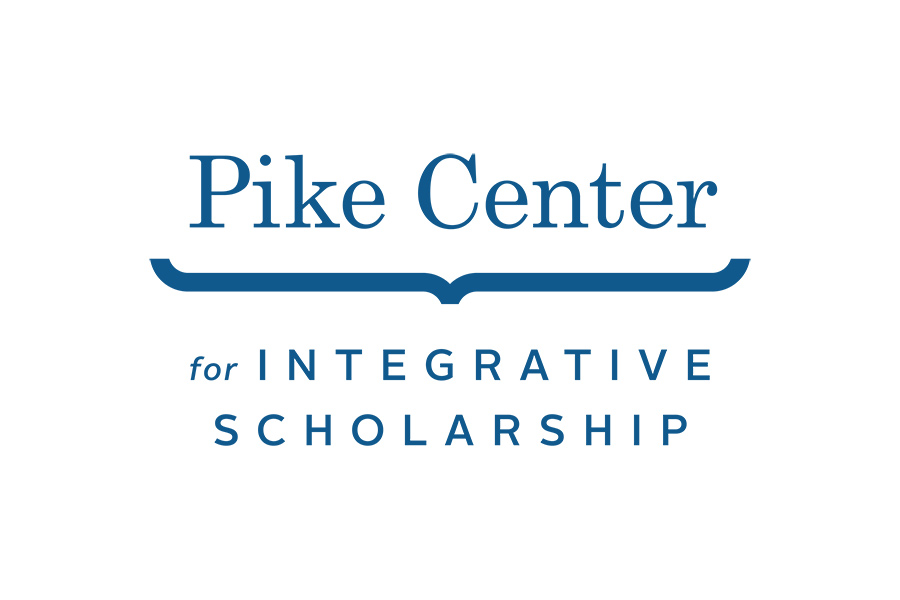In our Scholar Development program, emerging scholars (known as Pike Scholars) are mentored by established scholars (the Fellows of the Pike Center) as they practice the craft of scholarship. We now invite you to get to know each of them a little better.
Pike Scholars
Pike Scholars are emerging scholars who are participating in the Scholar Development program of the center. Requirements for becoming a Pike Scholar include having a doctoral degree or being in the process of earning one.
Scholar
David Eberhard
David Eberhard earned a PhD in linguistics from Vrije Universiteit (Amsterdam) in 2009. The title of his dissertation was Mamainde grammar: a Northern Nambikwara language and its cultural context. At present he serves as General Editor for the Ethnologue. Dave’s research interests center on gaining a deeper understanding of how minority communities facing language shift use their language repertoires in unexpected ways, and on how such an understanding can guide efforts of language development within such communities. See publications.
Scholar
Tim Hatcher
Tim Hatcher is in the final stages of a PhD program in Intercultural Studies at Assemblies of God Theological Seminary (Missouri). His dissertation involves in-depth case studies of three Bible translation programs in different parts of the world to assess how well our current theories of Scripture engagement account for the observed results. Tim is an assistant instructor at the Graduate Institute of Applied Linguistics and a Scripture Engagement Specialist for SIL International. His ongoing research interests involve developing insights that will empower national Bible translation organizations to incorporate strategic Scripture engagement thinking into their planning and activities. See publications.
Scholar
Tim Kempton
Tim Kempton earned a PhD in computational linguistics from the University of Sheffield (UK) in 2012. The title of his dissertation was Machine-assisted Phonemic Analysis. He now works with SIL Nigeria, training to be a linguistics consultant and is currently working with the Nikyob language community. Tim’s current research interests include using speech recognition technology to help communities develop their writing systems, such as through automatic analysis of data recorded using a participatory approach. See publications.
Scholar
Angela Kluge
Angela Kluge earned a PhD in linguistics from Leiden University in 2014. Her dissertation, A grammar of Papuan Malay, was published in the LOT series. She is currently based in Kota Kinabalu, where she works with SIL Malaysia and LEAD Asia as a language assessment consultant. Her current research interests are focusing on the discourse of Papuan Malay as a contribution to the ongoing language development and Bible translation efforts in the language. See publications.
Scholar
Oliver Stegen
Oliver Stegen earned a PhD in Applied Linguistics from the University of Edinburgh in 2011. His doctoral research investigated the textual products of writers workshops in the Rangi language (Tanzania) to gain insight into how written style develops in a newly written language. He serves as a linguistics consultant for SIL UTB and as Linguistics Domain Team Leader for Anglo-Lusophone Africa. His current research interests include descriptive linguistic issues relevant to orthography and literature development in East African Bantu languages, and the development of Swahili as an academic language. See publications.
Scholar
Cathryn Yang
Cathryn Yang earned her PhD in linguistics from La Trobe University (Melbourne, Australia) in 2010. Her dissertation explored the synchronic and diachronic relationships between Lalo languages, a cluster of Tibeto-Burman languages in southwest China. Cathryn now teaches linguistics as part of SIL (Yunnan)'s partnership with the Institute for Sino-Tibetan Language Studies in Chenggong, China. One of her ongoing research interests is to determine the genealogical relationships within a newly identified subgroup of languages in northwest Yunnan, a finding with implications for how these marginalized communities can share resources for language development. See publications.






